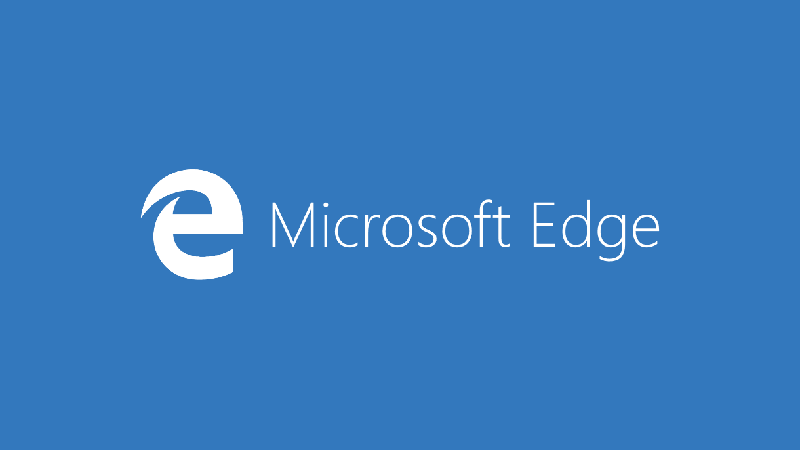Dixons Carphone, owners of Carphone Warehouse stores has highlighted people not renewing their handsets as frequently and a declining market for long-term mobile contracts as 2 main reasons for the planned closures of 92 stores.
Carphone Warehouse Profits Hit – Shares Down
The decision to close 92 of its more than 700 Carphone Warehouse stores this year was announced by Dixons Carphone after a warning that the next year’s profits could be down £82 million led to shares in the company falling 20.7%. Share values had already fallen by 30% over the last 12 months,
92 Store Closures but No Jobs Lost?
The human cost of store closures would ordinarily be those employed in the condemned 92 stores (part of a 42,000 workforce worldwide). In this case, Dixons Carphone has stated that no jobs will be lost because staff will be offered the opportunity to move to larger outlets nearby.
Sales Up
The gloomy prediction disguised the fact that total sales were actually 3% higher in the year to 16 April, while like-for-like sales were up 4%, and the sales were up by 2% for the year as a whole, and by 1% in the fourth quarter. International sales e.g. Nordic countries and Greece outstripped those in the UK.
Even though pre-tax profit is expected to come in at £382m, this is actually dramatically down from the £501m in 2017.
What Happened?
According to reported comments by new boss of only 8 weeks, Alex Baldock, that even though it is acknowledged that performance has not been good, the problems are all “fixable”.
Market commentators have noted that a fall in the value of the pound (in the wake of Brexit) has made mobile handsets more expensive. Also, technical innovation has slowed, giving shoppers less reason to update their phones, meaning that they have been hanging onto their current handsets for longer.
SIM Free Popular
Market analysts have noted that there is unlikely to be a boost in the market for long-term mobile contracts any time soon. This is partly because many consumers have been opting for the alternative of SIM free phones in an attempt to keep costs down and get the best deals. Sales of SIM free is one area where Dixons Carphone will need to improve in order to make the most of market trends.
A SIM free phone is sold (unlocked) without any SIM card or network attached, so people buy the phone and then choose a SIM only deal for their calls and data, and can choose whichever network they like. The benefits are the ability to own the handset outright and take out a SIM only deal, thereby reducing the cost of a monthly plan as you are only paying the network for your minutes, texts and data allowance. Also, SIM only can give greater flexibility, with 1-month rolling contracts and 12-month contracts are now being commonplace.
What Does This Mean For Your Business?
Many UK businesses, like Dixons Carphone, will have felt the pressure of consumers reeling in some of their spending in the wake of the fall in the value of the pound after the Brexit vote. Also, as in the case of Dixons Carphone, they’re in a market where so much innovation has been focused on phones and their features in recent years that consumers are going to be reluctant to swap unless the new model offers a new technological jump or can give them features that significantly add value.
High street retailers / well-known bricks-and-mortar retailers have taken a battering in recent times (e.g. store closures at e.g. Carpetright, New Look, Mothercare, Byron, Jamie’s Italian Marks & Spencer, and soon House of Fraser, and Carluccio’s) as consumers move more towards online digital. A recent British Retail Consortium (BRC) report, for example, showed that footfall in retail stores fell by 3.3% in April 2018 compared to last year because of a shift in consumer behaviour towards digital shop visits rather than physical ones.
Many retailers have realised that to fight back they must rebalance investment in physical and digital infrastructure, and change the way stores are used e.g. by adopting technology to engage people, and to make stores more like centres for experiences rather than just places for purchasing goods. This is particularly important for younger consumer groups.
In the case of Dixons Carphone, new boss Baldock hasn’t really elaborated beyond saying that the business had been too inward-looking and distracted. As part of his proposed fixes for the problems, Baldock has said that the group would also now be investing £30m in improving customer service by retraining staff in stores and at its call centres, and that it would try to renegotiate contracts with mobile networks to reflect the slowdown in phone sales i.e. to adapt to market trends. Presumably, the company will also benefit from increased efficiency after closing the 42 stores.
In today’s challenging environment, as well as simply investing, retailers must now try to embrace technology in the right way as an opportunity to deliver more value to customers whether in store, at home or on the move. Retail commentators frequently talk about the importance of the need to create a seamless customer experience between online and offline, and to develop an omni-channel platform. Improving and optimising the current experience that retailers offer customers, and replicating these as effectively as possible across all channels could be the key to staying competitive in the evolving retail business environment.
CALL US ON 0203 005 9650 FOR SUPERIOR IT SUPPORT
Globalnet aims to be an integral part of your success, providing the best business advice, superior IT support and technology to help you reach your goals.


